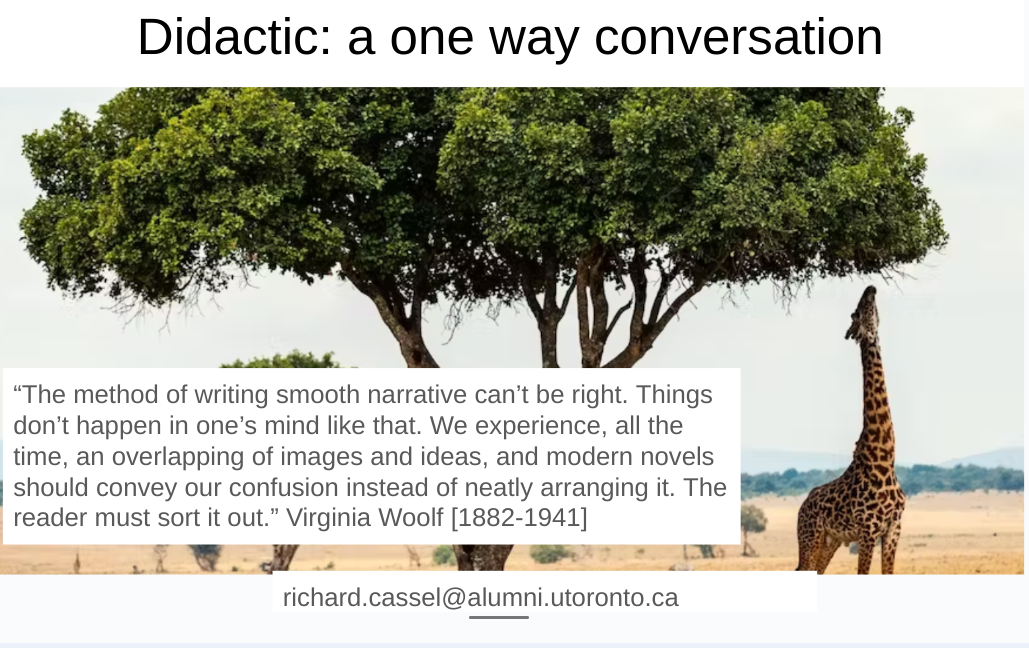
After World War I, not only had Britain's place in the world changed, but British society had also been transformed by the war:
- Liaquat Ahamed, Lords of Finance: The Bankers Who Broke The World, 2009, pp. 136-7The aristocracy that had ruled Britain for much of the previous century had been badly damaged—as one contemporary author wrote, albeit with some exaggeration, "In the useless slaughter of the Guards on the Somme, or of the Rifle Brigade in Hooge Wood, half the great families, heirs of large estates and wealth, perished without a cry." After enduring savage losses in the fighting—the casualty rate had been three times heavier among junior officers, many of them aristocrats, than among enlisted men—the old elite had also been hurt by wartime inflation and was now being decimated by postwar economic dislocations. Land prices had collapsed and many large estates been put up for auction. In place of the old and confident ruling class, a whole new breed—"hard-faced men who had looked as if they had done well out of the war," as one eminent politician described his new colleagues in the House of Commons—had come to power.
